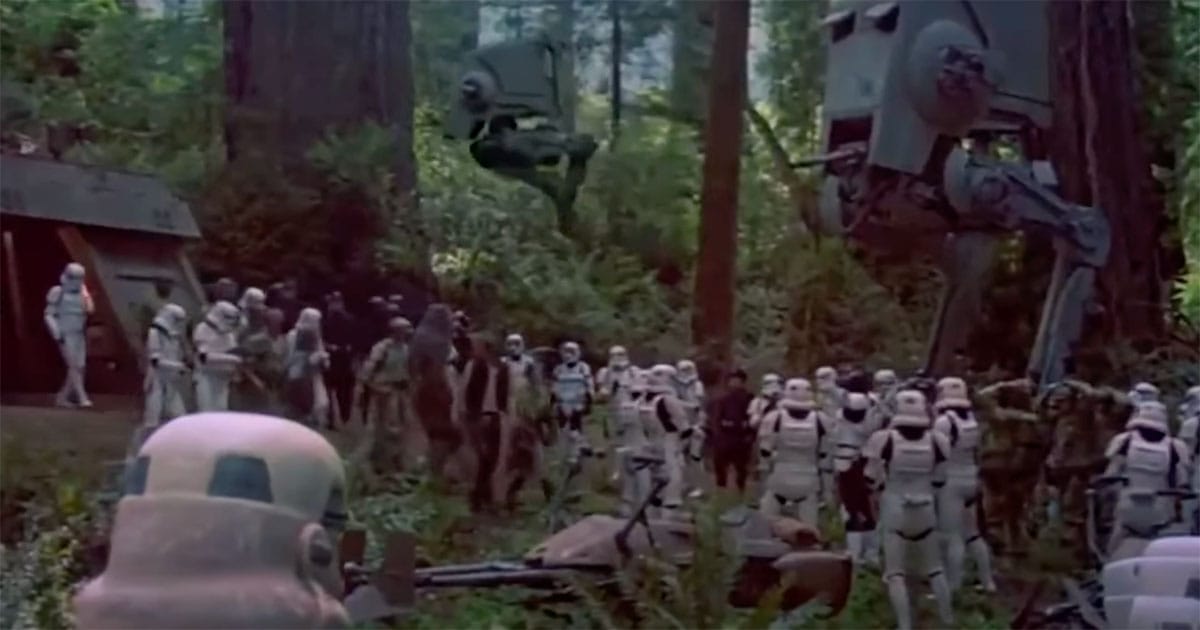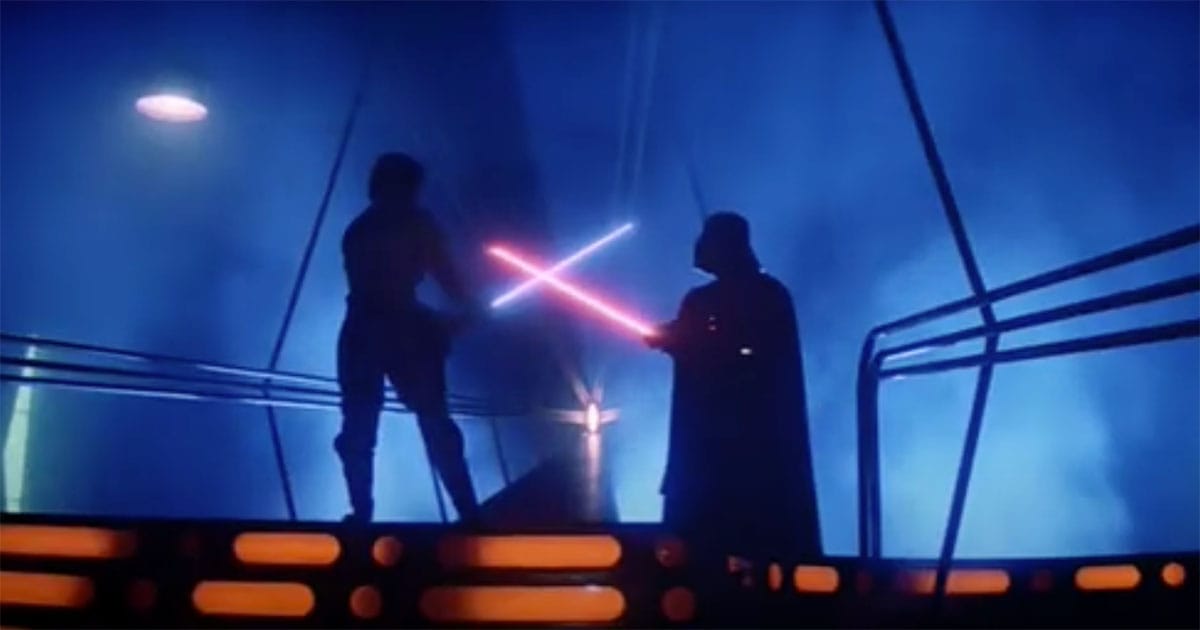What if the Jedi Survived Order 66?
What if Order 66 had failed in "Star Wars: Episode III – Revenge of the Sith"? Explore a galaxy reshaped by Jedi survival, fractured power, and the uncertain fate of Anakin Skywalker.

Fractured Fate
The fall of the Jedi was neither gradual nor accidental. It came with a single transmission broadcast across a thousand battlefields. The clone troopers, bred for loyalty and trained for obedience, turned their weapons on the very generals they had followed into war. One moment, the Jedi were peacekeepers. The next, they were traitors marked for extinction.
Yet history is fragile. It bends under pressure. One misfired signal or one uncertain commander might have changed the outcome. A malfunction, a moment of doubt, or even a failure in timing could have splintered the chain of command. The results would have been either catastrophic or redemptive.
What followed Order 66 was darkness. But what if that darkness had not fallen so completely?
The Jedi Remain – Guardians of a Shaken Republic
If the execution of Order 66 had faltered, the Jedi would have survived in far greater numbers. Scattered across the galaxy and still in command of clone legions, they would have had the opportunity to communicate, regroup, and identify the true architect of the Republic's unraveling. Palpatine's deception, long suspected by a few, could have been exposed through coordinated resistance.

The Republic, however, would not have returned to stability overnight. The Senate was already in disarray, poisoned by years of conflict and manipulation. The Jedi, while revered, had lost much of their moral authority. Many in the public saw them not as monks or guardians, but as soldiers of an endless war. To restore balance, the Jedi would have needed more than survival. They would have needed reform.
This reform would not come easily. Within the Order itself, voices would rise in disagreement. Some might argue for a return to spiritual discipline and detachment from politics. Others would insist on direct involvement in restructuring the Republic. These tensions could spark a crisis of identity. For centuries, the Jedi served the galaxy. Now, with their temple scarred and their ranks depleted, they would have to decide what it meant to serve again.
Their survival would not guarantee their redemption. But it would offer the first chance in a long time to choose a different path.
The Sith Unmasked – Palpatine's Gambit Exposed
With the Jedi still alive, Palpatine's plan would begin to crack. The very secrecy that protected his rise would now work against him. Without the shock and confusion of the Jedi purge, the Supreme Chancellor's sudden accumulation of power would appear less as a necessity and more as a threat. The Jedi, armed not only with lightsabers but with evidence of his Sith identity, could challenge him openly.

The Senate, long manipulated and cowed by the promise of order through strength, might hesitate. But hesitation can become dissent when clarity breaks through fear. Palpatine's failure to eliminate the Jedi would force him to act in haste. He might try to declare martial law or frame the Jedi as conspirators once more, but the narrative would no longer be under his control. Public trust, already frayed by war, would be harder to bend.
In this version of events, Anakin Skywalker remains the critical variable. Palpatine's influence on him was rooted in secrecy and isolation. If the Jedi survive and reach him in time, the grip of the dark side may falter. Anakin might see the manipulation for what it is. He might still fall—but now, others are watching. Redemption would not be guaranteed. But it would be possible.
The Sith thrive in shadows. A failed Order 66 would drag them into the light.
Galactic Power Shift – A Different War, A Different Empire
The failure of Order 66 would not have restored peace. It would have transformed the conflict. Without the Empire's rise, the galaxy would not settle into unity but fracture along new lines. The Republic, weakened by years of war and shaken by betrayal at the highest levels, would likely splinter. Systems once loyal to Coruscant might break away, unwilling to place their future in the hands of Jedi or Senators.

In the absence of Palpatine's iron rule, regional leaders would rise. Some would seek power for themselves. Others would call for isolation. What began as a war between clones and droids could shift into a dozen smaller wars driven by fear, ambition, and revenge. The Jedi might find themselves caught in the middle once again, not as generals but as reluctant diplomats and peacekeepers in a galaxy where no one agrees on what peace should look like.
New factions could form. Some might mimic the very structure Palpatine attempted to impose, believing that order still required a strong hand. The idea of Empire, once hidden behind a veil of republic procedure, might take root openly in distant sectors. The Sith would no longer be the only threat to liberty.
The end of Palpatine would not be the end of tyranny. It would be the beginning of a far more uncertain struggle to prevent it from returning in a different uniform.
Legacy and Speculation – A Star Wars That Never Was
Every saga needs its shadows. The original "Star Wars" trilogy drew its power from a sense of loss and redemption. The prequel films deepened that loss, showing how good men fall and how institutions collapse under their own pride. To imagine a galaxy where Order 66 failed is to unwrite a tragedy and replace it with uncertainty.

Anakin Skywalker's descent into Darth Vader is one of the saga's most potent arcs. Without the execution of Order 66, that arc becomes less fated and more fragile. His choices gain weight. His redemption, if it comes, would emerge not from the ruins of tyranny but from a struggle among the living. Characters would no longer be swept along by destiny. They would have to grapple with consequences, with rebuilding, and with the cost of survival.
This is the charm of alternate histories. They do not diminish the original stories. They ask what else might have been. Science fiction has always been a genre of possibilities. The galaxy far, far away is no exception. Whether ruled by Sith or scarred by civil war, its future is shaped by moments where one decision changes everything.
Order 66 was one such moment. It still is.

